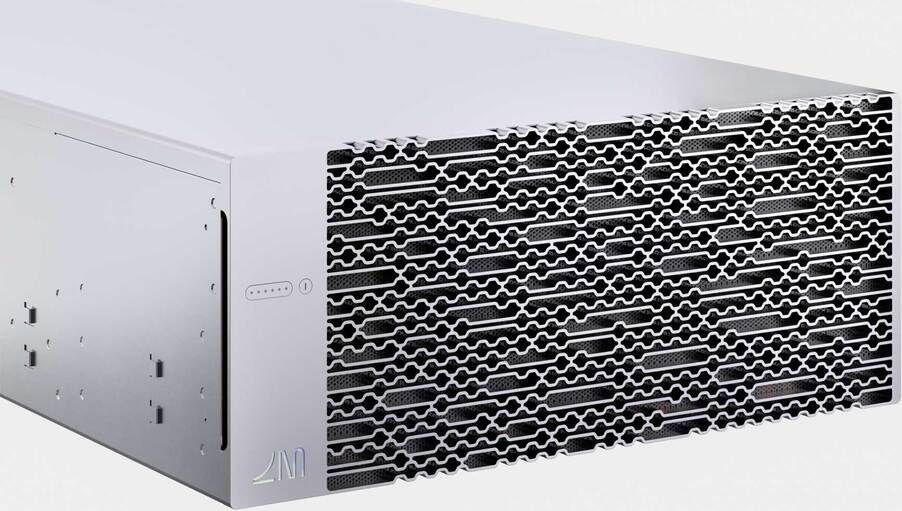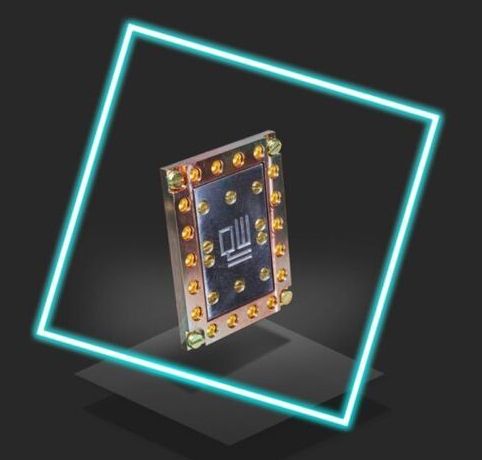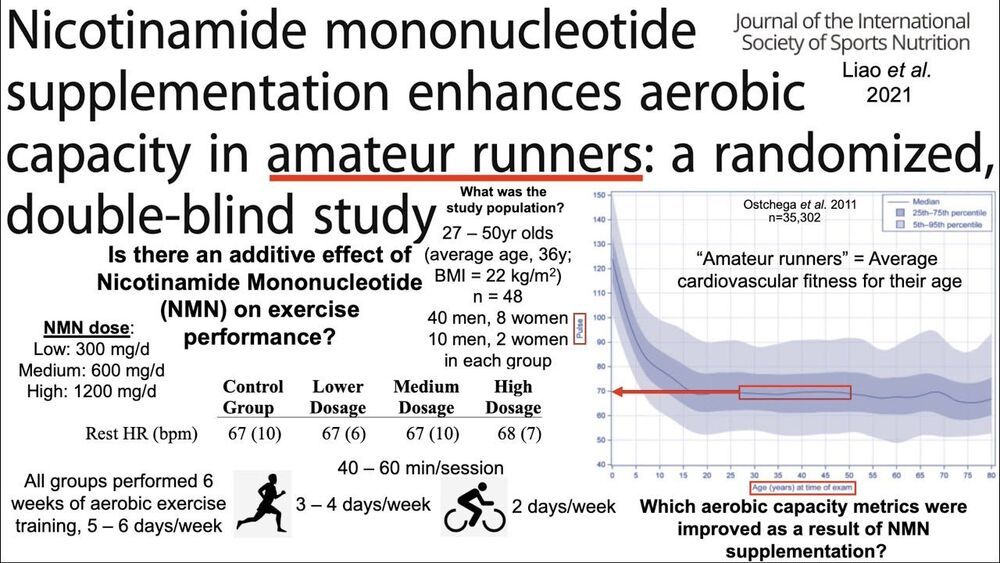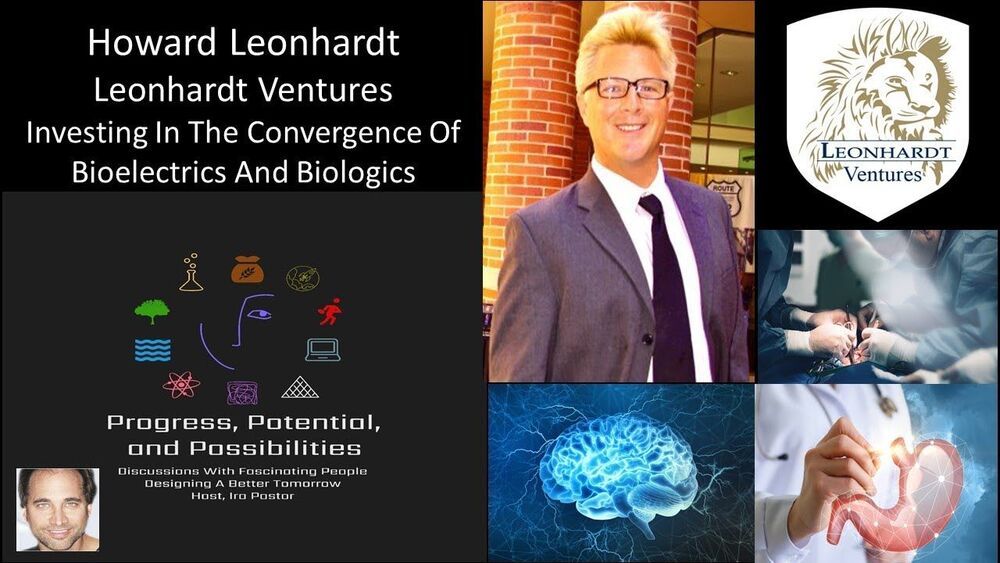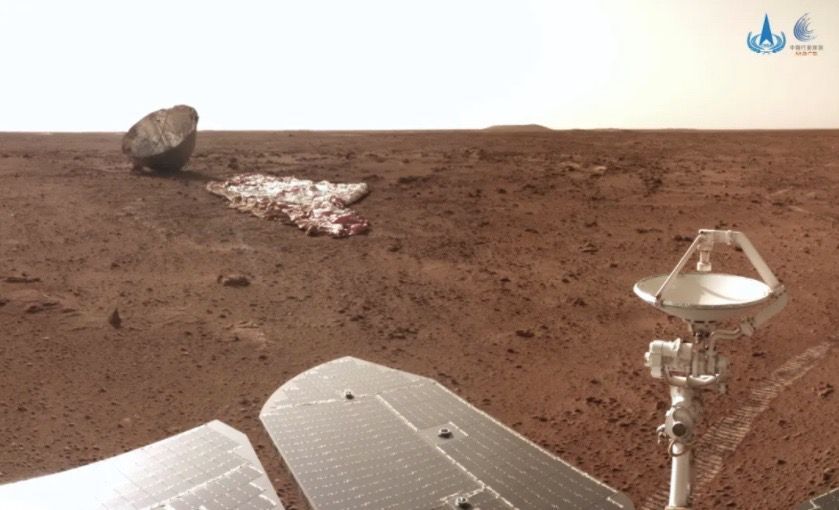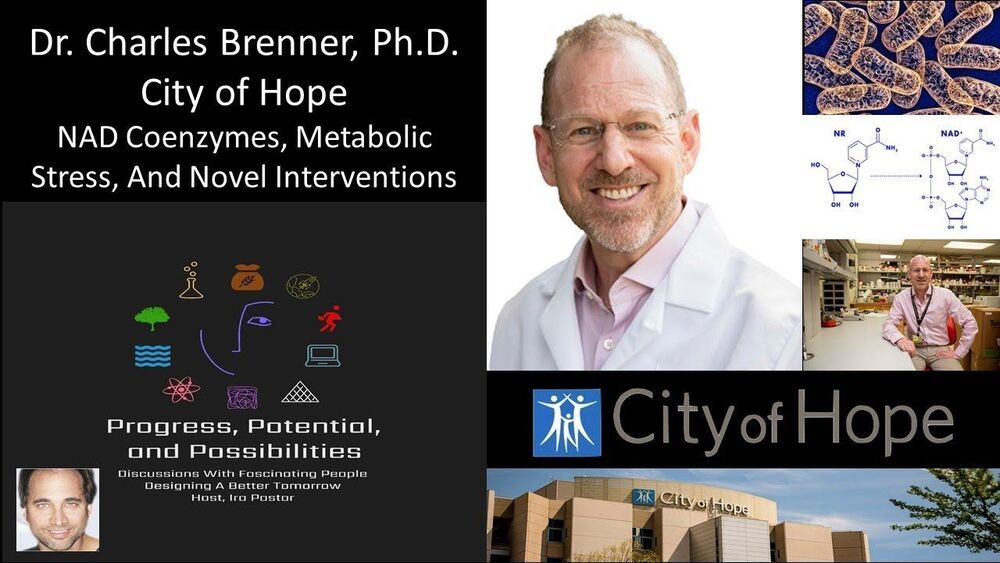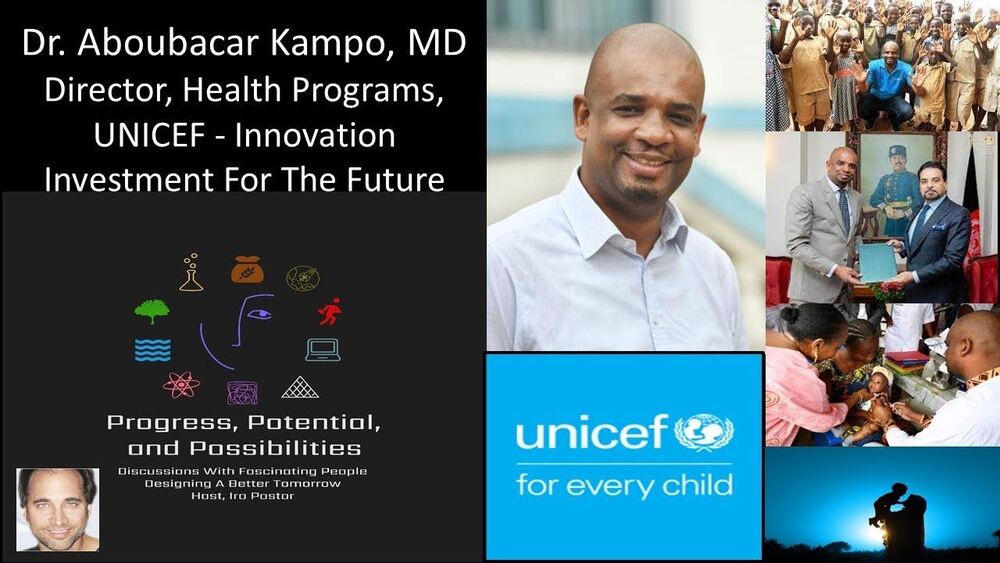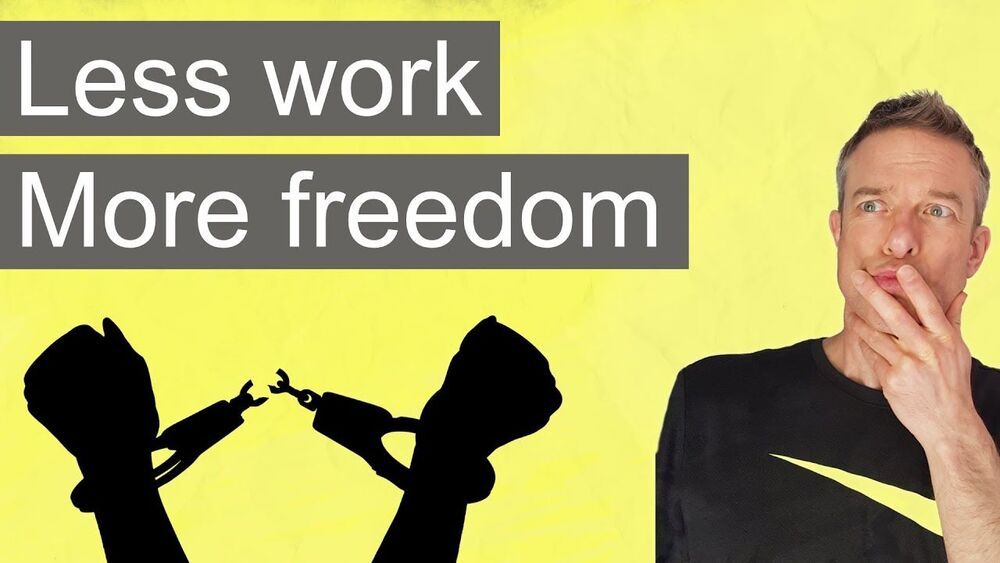The future is optical. Photonic processors promise blazing fast calculation speeds with much lower power demands, and they could revolutionise machine learning.
Photonic computing is as the name suggests, a computer system that uses optical light pulses to form the basis of logic gates rather than electrical transistors. If it can be made to work in such a way that processors can be mass produced at a practical size it has the potential to revolutionise machine learning and other specific types of computing tasks. The emphasis being on the word if. However there are some intriguing sounding products close to coming to market that could changes things drastically.
The idea behind photonic computers is not a new one, with optical matrix multiplications first being demonstrated in the 1970s, however nobody has managed to solve many of the roadblocks to getting them to work on a practical level that can be integrated as easily as transistor based systems. Using photons is an obvious choice to help speed things up. After all all new homes in the UK are built with fibre to the home for a reason. Fibre optic cables are superior to aluminium or copper wires for the modern world of digital data communication. They can transmit more information faster, and over longer distances without signal degradation than metal wiring. However transmitting data from A to B is a whole different kettle of fish to putting such optical pipelines onto a chip fabrication that allows for matrix processing, even though some data centres already use optical cables for faster internal data transfer over short distances.
